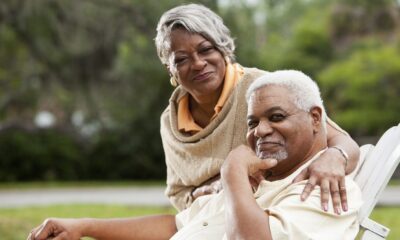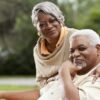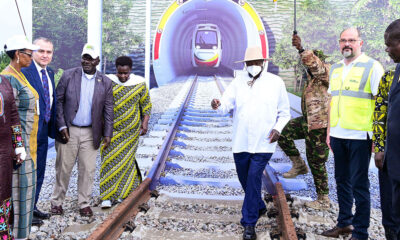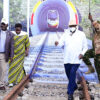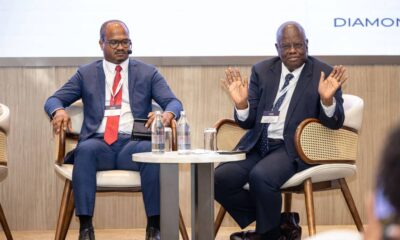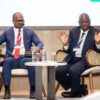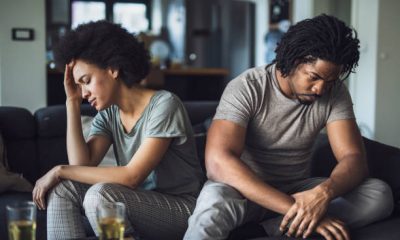Life & Style
Uganda Bikers raise millions for charity

Singer Katatumba is the Ambassador of the Uganda Bikers
In 2003, five young men, Bernie Francis Runnebaum from the US, Gasparoti from Italy, and Patrick Baryemuka, Sam Sentamu and David Major all Ugandan used to meet and talk about motor biking. They had different professional backgrounds but were so enthusiastic about bikes.
“They cared and treated their bikes like babies,” said Francis Guchie who joined the group at the end of 2003. Today the Uganda Bikers is a group of over 30 people who do not only ride for fun, but also raise awareness on HIV/AID, cancer and road safety.
They switched their enjoyment for charity, joining hands with the late Father Agustino and Margret Junta of Reach out Mbuya Parish Initiative to help young people who were victims of HIV/AIDS. Here, the group was famously referred to as the “Ambassadors of Hope.”
By February 2004, the number had increased 27 and 12 of them rode to South Africa for their first riding project with a target of raising money to cater for HIV/AIDs victims.
They raised close to USD18000 for the education of more than 100 children. One of their students from Reach out initiative got a fully paid five-year scholarship and is in India.
For the past couple of years, the group has consisted donated over UGX117m annually to Reach Out Mbuya.
In South Africa, they were welcomed by singer Yvonne Chaka Chaka, continued their ride to Botswana, Zambia and later Tanzania where they were welcomed by Tanzanian media houses.
Asked what inspired them to ride for safe life awareness, Guchie said: “HIV has no boundaries, no race, no colour, and many are falling prey so we needed to ride for a cause.”
The Uganda Bikers have also been working with the Police to raise awareness on safer use of roads.
“We have been riding for road safety, educating cyclists and many amateur riders on road use. Many riders were previously not wearing jackets but they are now doing for safety,” Guchie said.
Currently, they are on their 2018 South African Challenge ride. The same challenge that was hard for them in 2004 because of weak motor bikes.
“We have faster bikes that will help us complete our projects in the shortest period of time,” Guchie said.
Comments



